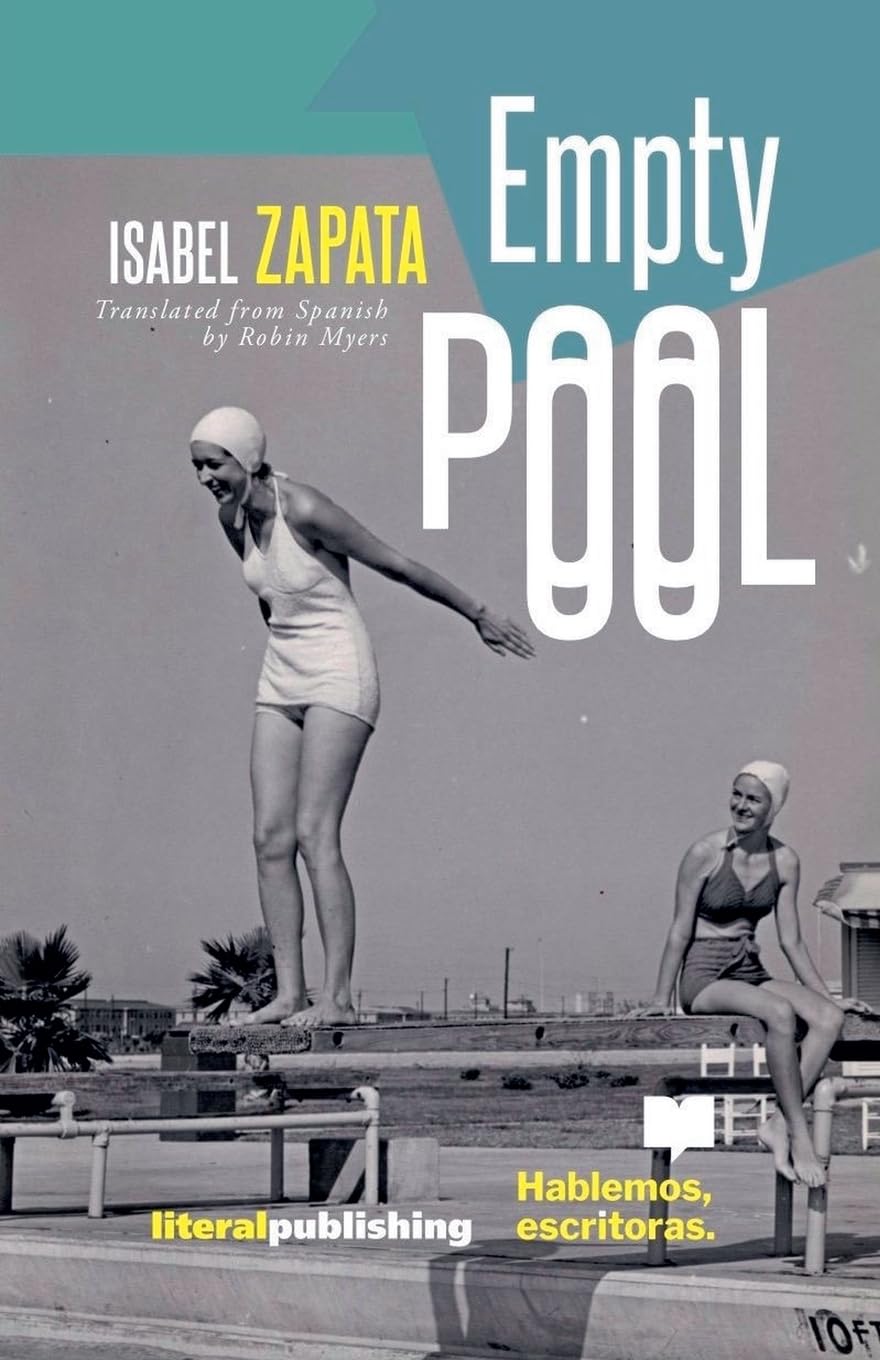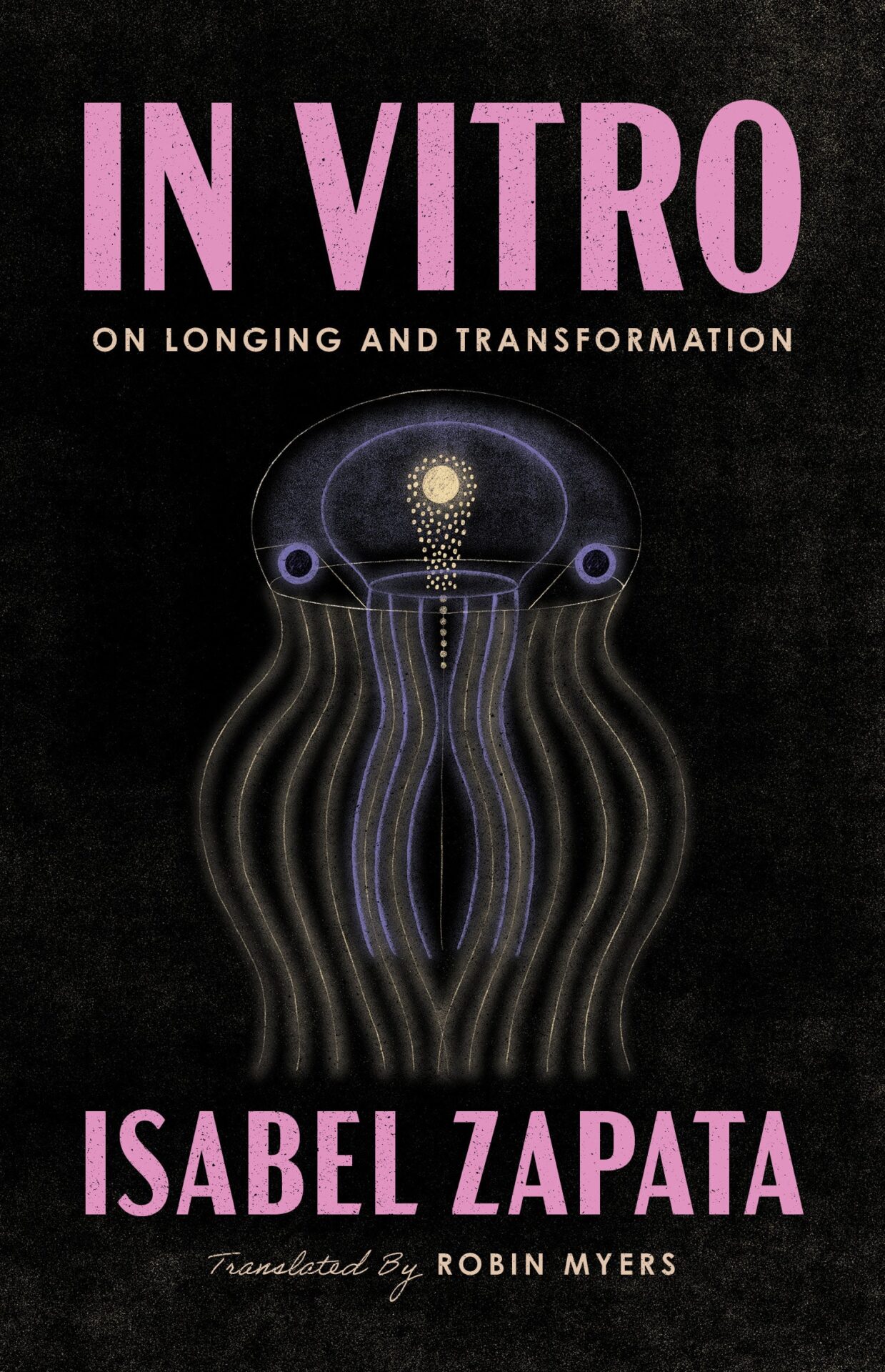The first poems I read by Robin Myers found their way to my hands in another city and in another life; I think it was 2010. I don’t recall whether I read them on the computer screen or heard them in her own voice at some public reading, but in her case it doesn’t really matter because her voice is a true reflection of herself: subtle, powerful, outrageously brilliant. What I do recall is the sensation of disbelief that came over me when I found out such a tremendous poet had no books out in English, and that Ezequiel Zaidenwerg-Dib’s Spanish translations of some of her poems were not yet published either (together they make a fascinating pair, and watching them speak put a somewhat mystical, quite magnetic halo around the craft of translation—one which has stayed around my own translation work ever since).
In 2015, back in Mexico City, I founded a press called Ediciones Antílope with four friends, and we decided to publish Amalgama, a book by Robin composed of varied poems from different eras, united only by certain affinities and phobias discernible to her most exacting readers. What’s more, it was a bilingual edition, with all the challenges this implies as far as format, and it contained poems translated by five different people. Since translation is a creative endeavor influenced by style (style is “that which we repeat despite ourselves,” says Marta D. Riezu), and we did not want to hide the textures of these five different styles, we had to accept and uplift a certain level of chaos. When this intervening hand goes unnoticed, the work is well done; the editor works such that the text might shine.
Not long later, Robin, who was already my friend by then, became my translator and then my neighbor, until, not long ago, she moved to a different city and had a baby I’m dying to meet. Over these past fifteen years, the bond between us has grown more nourishing and fonder, a dialogue of widening lanes that Robin has taught me to travel with remarkable generosity and delicacy. During this time, we have published two more of her books (Tener and Poquita fe, both translated by Ezequiel Zaidenwerg-Dib), which, along with Amalgama, put forward what I see as the basic question of the poet’s task: What makes us human? Likewise, three books of mine have been published in Robin’s translation to English (In Vitro, A Whale Is a Country, and Empty Pool), and going through the translation process with her has awoken conversations that have molded not only the way I write but also the way I read the world. She has always met me with intelligence and sweetness, openness and understanding.
I wouldn’t hesitate for a second to say that Robin’s voice, whether listened to aloud or through the page, is one of the essential voices of contemporary poetry, and is an example of ideological integrity the likes of which are hard to come by these days. I celebrate her today as I celebrated her so many years ago—from a place of admiration, from a place of complicity, and from the other side of the mirror.
Isabel Zapata
Mexico City, July 2025
Translated by Arthur Malcolm Dixon






